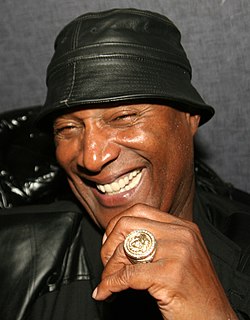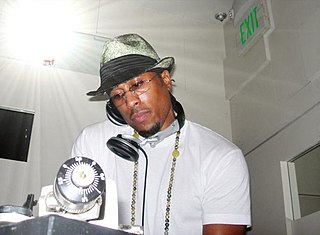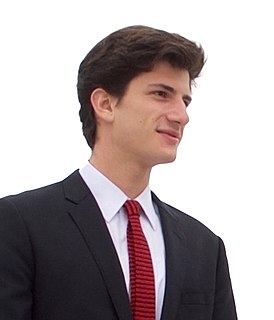A Quote by Daryl Davis
I was no stranger to racism. Having grown up a black person in the '60s and '70s, I knew that prejudice was common.
Related Quotes
The new racism: Racism without 'racists.' Today, racial segregation and division often result from habits, policies, and institutions that are not explicitly designed to discriminate. Contrary to popular belief, discrimination or segregation do not require animus. They thrive even in the absence of prejudice or ill will. It's common to have racism without racists.
People often get racism mixed up with bigotry or prejudice. We need to get our terminology straightened out. We obviously have racial problems that need solving. The first step in solving a problem is to identify it. If we keep mis-identifying bigotry and prejudice as racism we'll never make any headway
I was a child of the '60s basically, which is a real blank. I really started growing up, I think, in the '70s. I'm a glam-rock kid. But Dublin, Ireland in those days was a very dark place, as in it was a very poor, almost third world. Economically, the whole world is going through a recession at the moment. In the '60s, '70s, and the '80s in Ireland was a real recession. It wasn't a pleasant place.




































